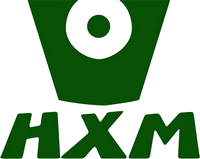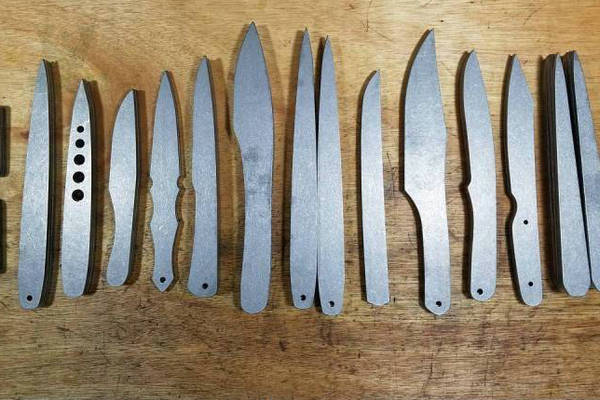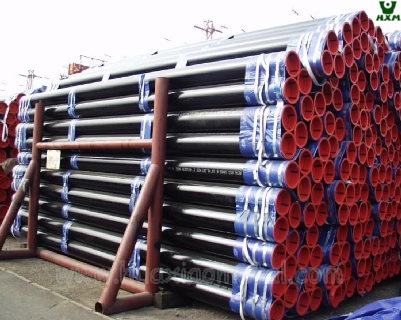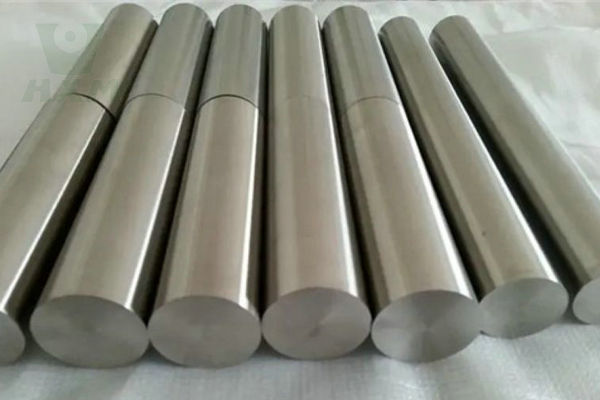In this article, we will explore the key factors that should influence your decision, helping you make an informed choice and achieve the best possible outcomes for your project.
Material Grade and Type
One of the primary considerations when selecting a steel plate is the material grade and type. Steel comes in a wide range of grades, each possessing unique properties suitable for specific applications. Common grades include mild steel, carbon steel, stainless steel, and alloy steel. Determine the required strength, corrosion resistance, and other mechanical properties needed for your project, and then select the appropriate steel grade accordingly.
Strength and Thickness
The strength and thickness of the steel plate are crucial factors in ensuring structural integrity and safety. Higher-strength steel plates offer better load-carrying capacity, making them suitable for heavy-duty applications. However, it’s essential to strike a balance between strength and weight, as thicker plates can increase the overall weight of the structure. Perform thorough structural analysis and consult with engineers to determine the optimal thickness and strength requirements for your project.
Corrosion Resistance
Consider the environmental conditions to which the steel plate will be exposed. If your project is located in a corrosive environment, such as coastal areas or industrial sites with chemicals, choosing a steel plate with excellent corrosion resistance is vital to prevent premature degradation. Stainless steel and weathering steel are popular choices for such environments, as they offer superior resistance to corrosion and rust.
Weldability and Fabrication
The ease of welding and fabrication is another crucial factor, especially if your project involves complex shapes or requires customizations. Different steel grades have varying welding characteristics, and some may require preheating or post-welding treatments to maintain the desired properties. Consult with skilled welders and fabricators to ensure the chosen steel plate can be easily worked upon without compromising its structural integrity.
Budget Considerations
While it’s essential to select the best quality steel plate for your project, budget constraints may also play a significant role in decision-making. Evaluate the cost of different steel grades and types while considering the long-term benefits of using higher-quality materials. Opting for a slightly more expensive, but more durable steel plate might save costs in maintenance and replacements over the project’s lifespan.
Compliance with Standards
Ensure that the chosen steel plate complies with industry standards and certifications. Meeting specific standards, such as ASTM (American Society for Testing and Materials) or ISO (International Organization for Standardization), ensures the steel’s quality and performance. Additionally, certifications like ABS (American Bureau of Shipping) or DNV (Det Norske Veritas) may be required for certain projects, especially those involving marine or offshore applications.
In conclusion
Selecting the right steel plate is a critical decision that significantly impacts the success and safety of your project. Consider factors such as material grade, strength, corrosion resistance, weldability, budget, and compliance with standards to make an informed choice. Collaborate with experts and suppliers to gather valuable insights and recommendations. By carefully evaluating these factors, you can confidently choose the ideal steel plate that will meet the specific needs of your project, ensuring its longevity and successful completion.






